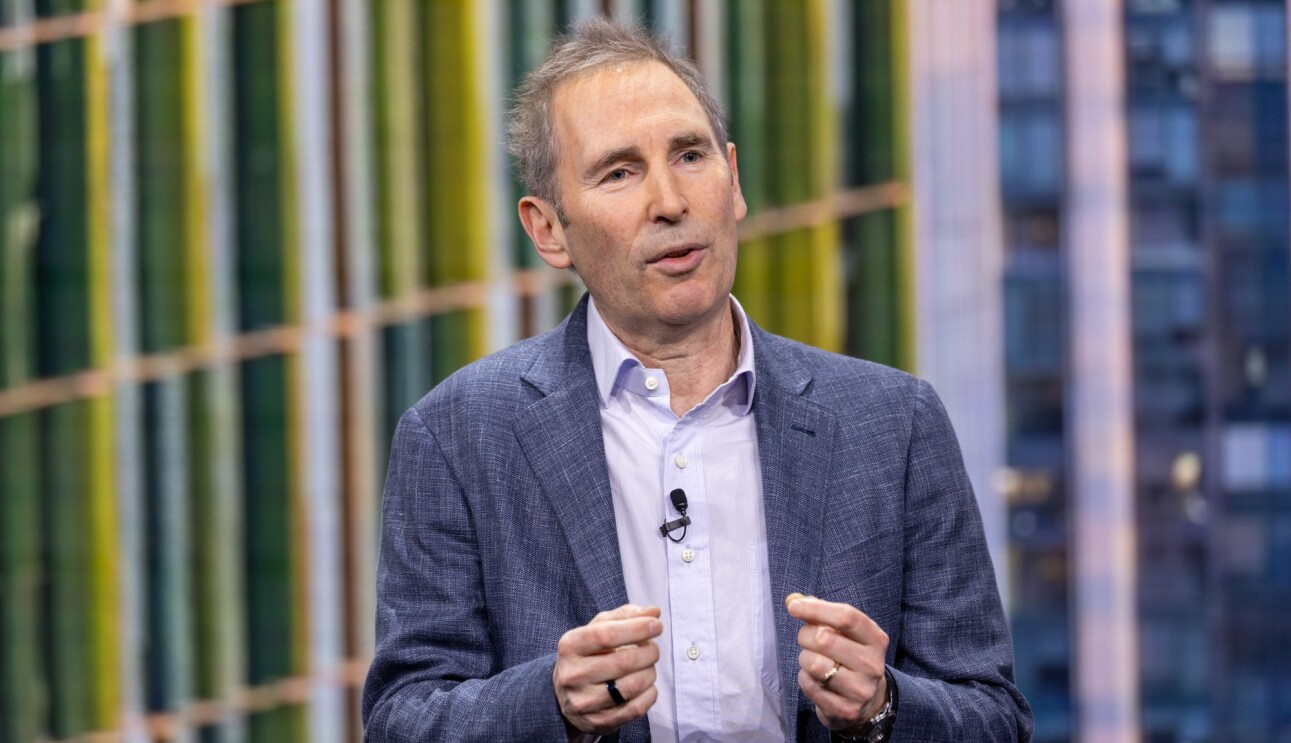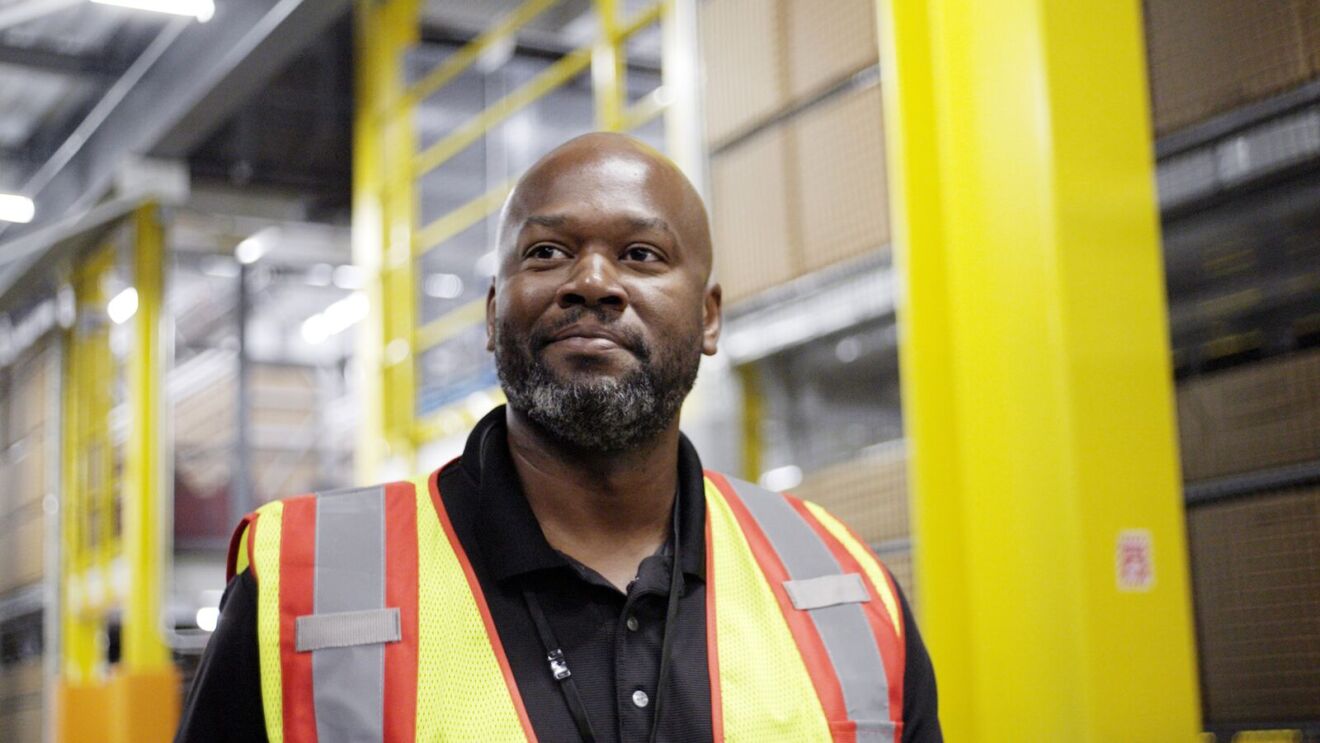Page overview
Being unable to present their accomplishments in a clear and concise manner
Your interviewers need to be able to follow the stories you are telling about your professional accomplishments, so we recommend candidates format their responses using the STAR method to answer behavioral-based interview questions. The acronym stands for: Situation, Task, Action, and Results. Start with an overview of the Situation, then review the Task(s) and Action(s), and wrap up with an overview of the Results achieved. This will help the interviewers understand your example and allow them to ask the appropriate follow-up questions to learn more. Also, formatting your responses prevents you from rambling and adding unnecessary details that could be distracting. Consider your successes and failures in relation to the Amazon Leadership Principles. Ensure the examples you are highlighting showcase your expertise and how you’ve taken risks, succeeded, failed, and grown.
Amazon is a data-driven company, and we’re looking for candidates who are equally passionate about being able to deliver results. Throughout your interview, make sure you are replacing vague or general responses with specific, quantifiable, and granular information that clearly demonstrates your expertise and involvement. It’s important that you provide enough detail but do not overwhelm the interviewer with too many details. Responses should be four minutes or less. If any information is unclear, your interviewer will then follow up with a question, and you can use this as an opportunity to provide more information. While Amazon is data-driven, we do understand that there are some instances when results can be more qualitative than quantitative. In these instances, make sure you have specific anecdotal feedback that you’re able to share and elaborate on.
That said, a large majority of your examples shared during your interview need to be data-forward. Learning how to describe your professional experience and accomplishments in quantifiable terms is an interview skill that will serve you well throughout your career.
Each Amazon interview is typically 45 minutes to an hour, and within that finite amount of time, we want to hear what you have personally accomplished. It’s difficult to assess a candidate’s skill if they are consistently saying “we” because we are unable to determine the impact you have been able to drive independently.
As a best practice, before your interview think of the professional accomplishments you want to share and write them down. Next, look at those accomplishments and then describe your individual role that contributed to that success. You’d want to share the latter during your interview. We assume that you’re a collaborative team player, but know it’s perfectly acceptable to describe your part in the delivery by saying “I” while at the same time describing what the team achieved to showcase the bigger picture. Use this interview as a time to highlight your accomplishments, not minimize them.
Though it might make sense to elaborate on one particular example to address multiple interviewers' questions, we highly recommend a variety of in-depth examples. Based on the various experiences and examples shared during the final interview, the interview team should be able to gather enough sufficient data points to support their decision on a candidate's success and potential within a specific level and role. If you continue to reiterate the same accomplishment for each interview question, you're not showcasing the depth of your experiences and might leave your interviewer with more questions than answers.
As you begin to prepare for your interview, make sure you have one to two accomplishments to share for each of our Leadership Principles which will then be able to provide a more holistic view into you as a candidate.
You’ve done a lot of hard work to make it to the final round of interviews, and it’s important that you maximize the experience by asking for clarity around a question if you need it. A simple clarifying question that helps you understand what it is that the interviewer really wants to know can make all the difference in success or failure during the interview. We’re invested in your success and welcome the opportunity to provide you with additional details or present the information in a different way.
Asking for additional information is especially important during interviews that include a technical assessment. Before you begin to solve anything, make sure your interpretation is aligned with what the interviewer is asking and then state any assumptions you may have. From there, you can jump into solving the question.
Remember that interviewing is a two-way door, and you should feel empowered to ask clarifying questions both during the interview and before it officially concludes.
Candidates often forget that an interview is not a one-way experience. We encourage you to view the interview as a formal conversation where you and your interviewer are both interested in finding out more about each other. Consider an interview a mutual exchange to explore what value you offer and what Amazon can offer you, be that scope in responsibility, growth opportunities, career development, or other things that are important to you. A job description is a small snapshot of the role, and it’s an even smaller reflection of the company overall. We know you might have questions about our Leadership Principles, culture, and our investment in our employees, and we’re ready to provide what you need. Make sure you come to your interview prepared with questions about things that matter to you so that you are able to get the most out of your time investment.










